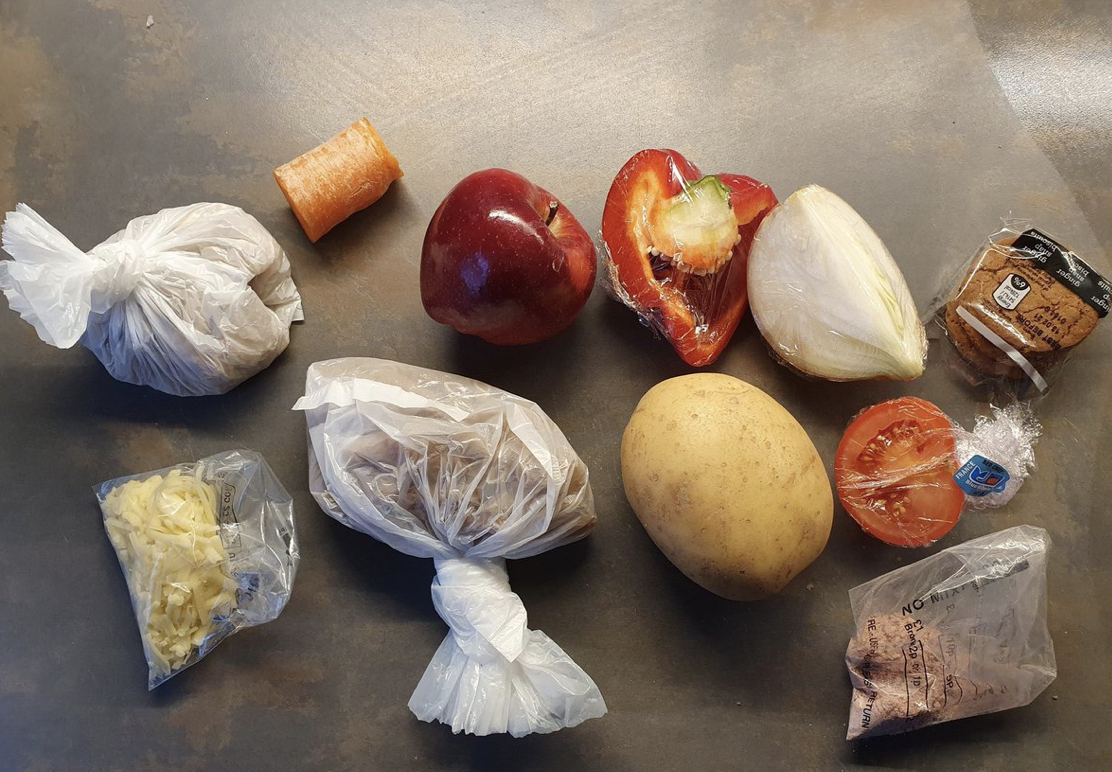THE United Nations and international community are at their best when providing salient examples of where global improvements can be made to better the lives of our global citizenry. Published statistics comparing the living standards and needs of nation states have provided startling statistics that contribute to the constitutional debate.
A Unicef report which examines international rates of child poverty should make anyone sit down for a breath. It measured the child income rates between 2012-2014 compared to 2019-2021. The numbers examine the period immediately post-2008 recession, when many countries were still under national special measures, with the more contemporary period.

At the top of the pile Poland is demonstrating significant efforts to reduce child poverty with a reduction of 38 per cent. Included in the measuring criteria are children having enough to eat, having a warm and safe place to live and access to education. Pretty basic measures, but meaningful. Poland is getting it right. Other countries that were beginning at higher base lines, like Canada and Korea, are also demonstrating significant improvements in the lives of their children with reduction in poverty of 23 per cent and 29 per cent respectively. The South of Ireland, which had emerged from devastating International Monetary Fund measures post-2008, showed that children’s lives are being improved with a reduction of 19 per cent. Undoubtedly the housing crisis impacts on this figure not being better. Housing insecurity for so many Irish families is having a disproportionate impact on the lives of children, a generation living with unprecedented housing stress.
The most appalling award goes to the United Kingdom. In the most recent period child poverty increased by 20 per cent. Think of your average classroom. Five more children will be living in poverty – without enough to eat, without a warm place to call home, without access to education – than did in 2019. It is not hard to understand why. The war on the poor, removal of fundamental protections, removal of child benefits and cuts on community and education provision are all taking their toll.
Look at this.
— Andrée Murphy (@andreemurphy) January 1, 2024
Devastating statistic for any country.
UK at bottom is horrific.
South of Ireland doing MILES better but not enough…
Partition is failing our children - especially those of us tied to London.
Together we could improve the futures of all of our children#Unity https://t.co/bMEBzU7Q6f
Because the statistics are UK-wide, and quite bald for that, we cannot drill into the impact of local mitigations in that period and any protections local government have provided to our local children. It is likely that this would demonstrate some variance. However, we know already that our local economy and education systems are not performing as well as those in the South, so child poverty rates are bound to connect more closely to UK statistics than to Southern Irish ones. Pause for thought indeed.
In another report produced this week, the respected international think tank Economist Impact produced a study on food security statistics. This report is designed to provide early warning systems for the global community to identify and intervene when countries and populations are at risk of famine. Ireland scores second in the world for security, with the United Kingdom lying at 9th. While Britain is in no way at risk of food insecurity, given Ireland’s history of British-imposed hunger it struck me as, while unsurprising, pretty ironic that such a gap is emerging.
On every measure this island benefits from distance from London. While devolution protects us from the worst excesses of London’s self-destruct button, only national independence will allow this island to realise its full potential and the population’s protection.







